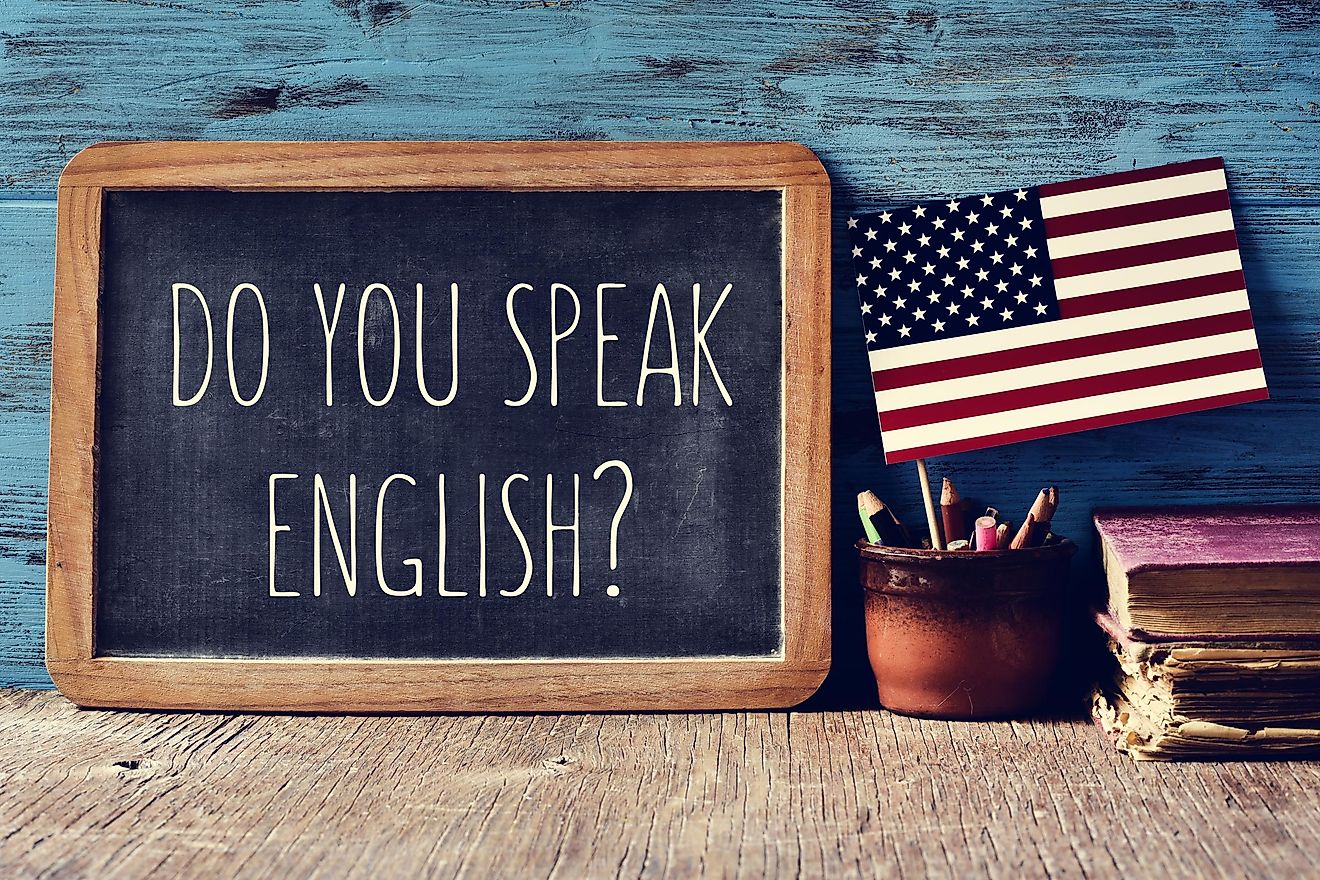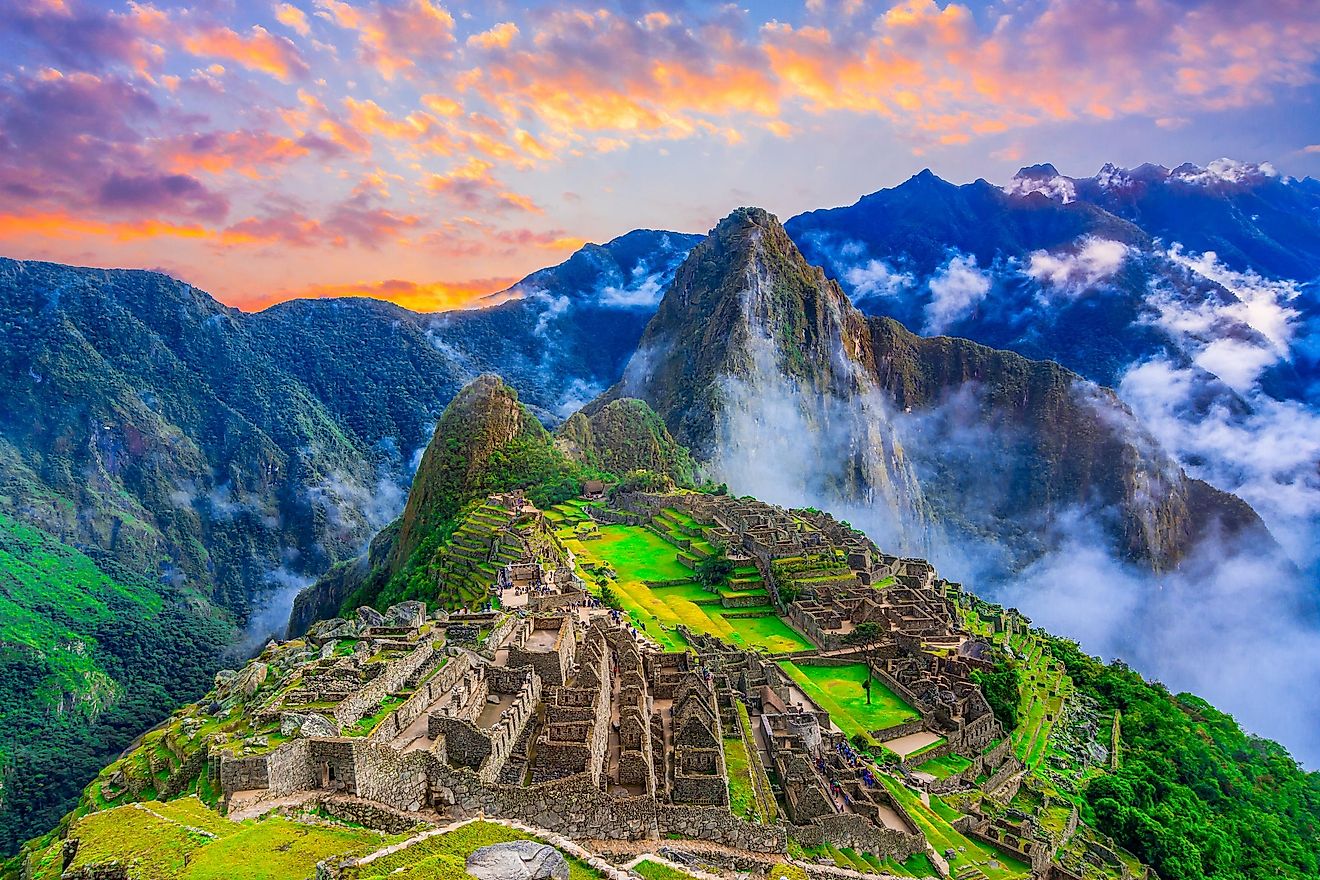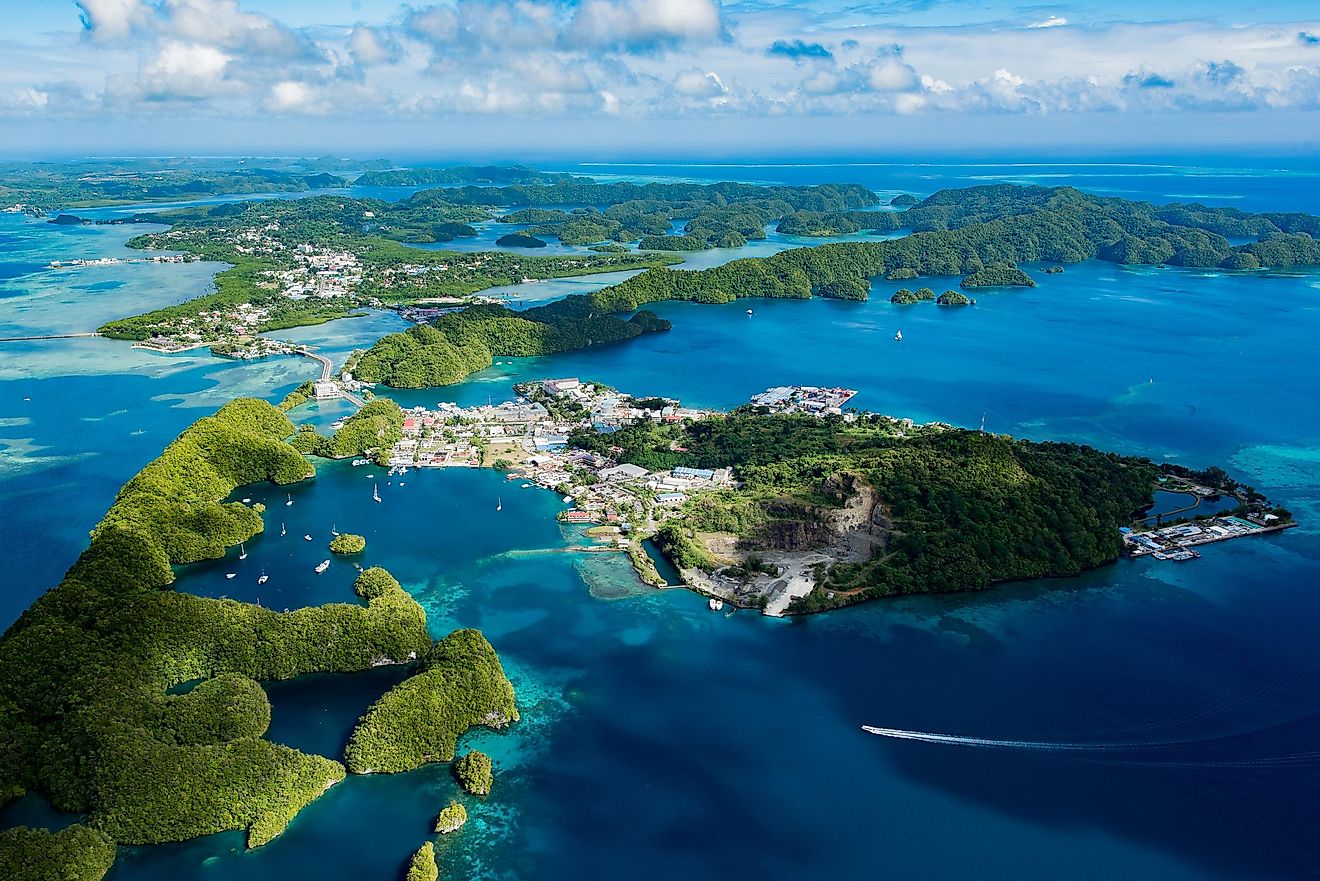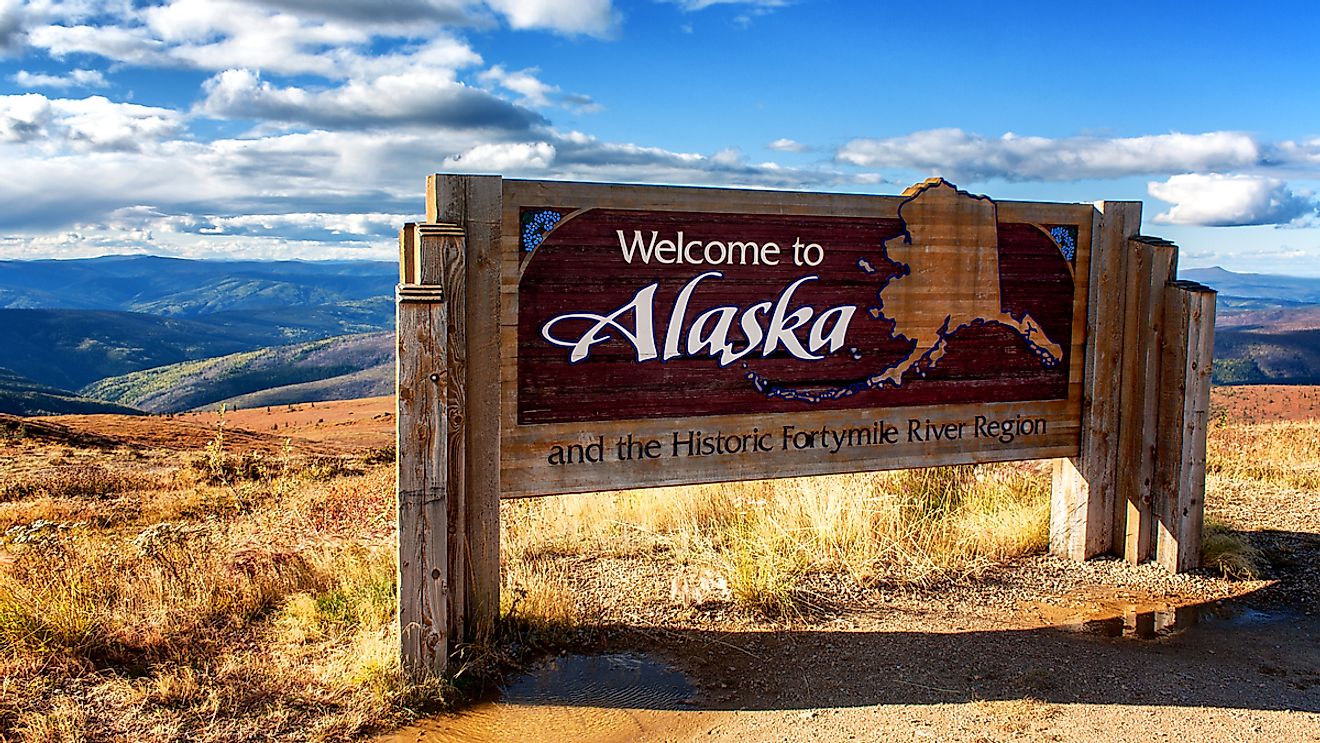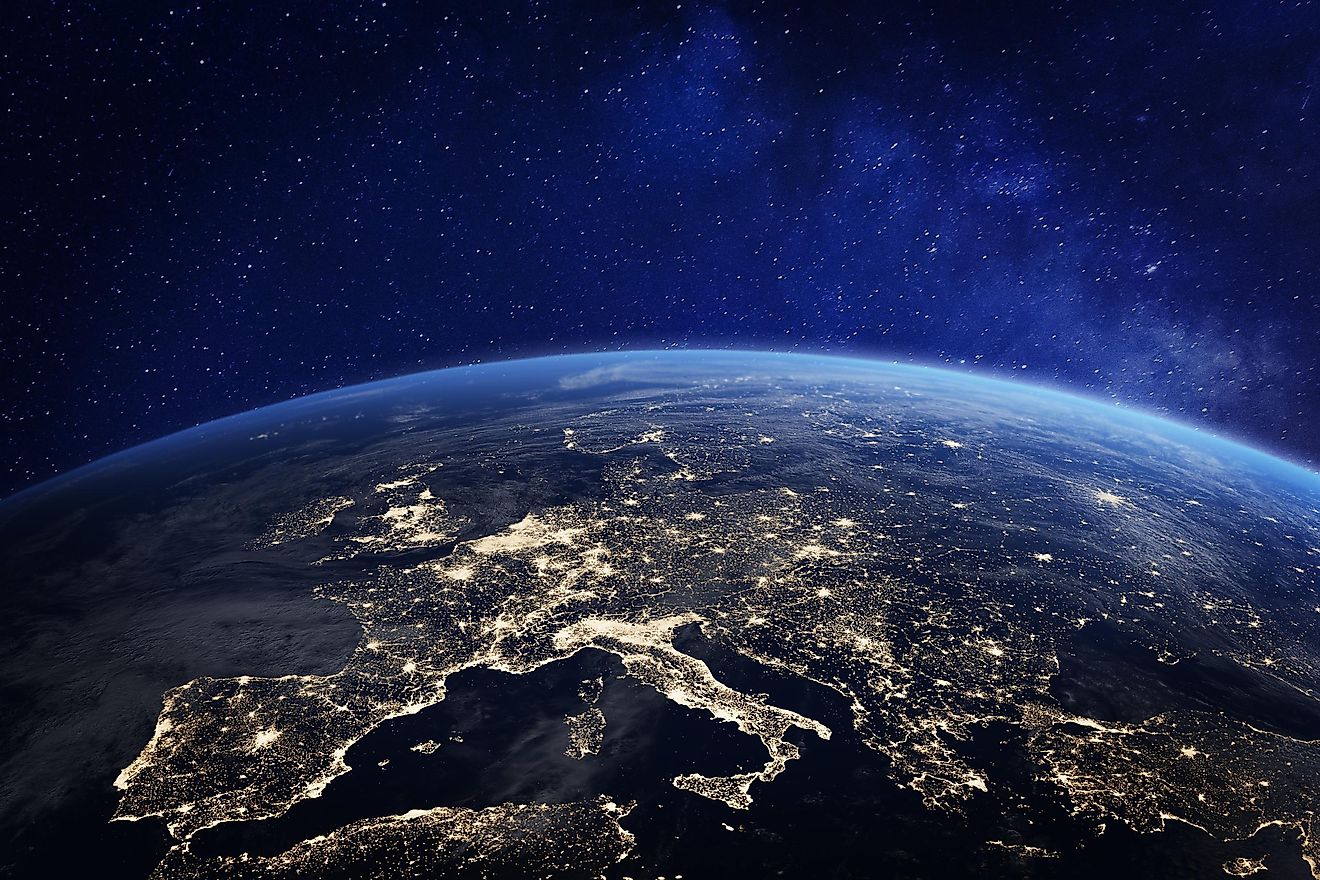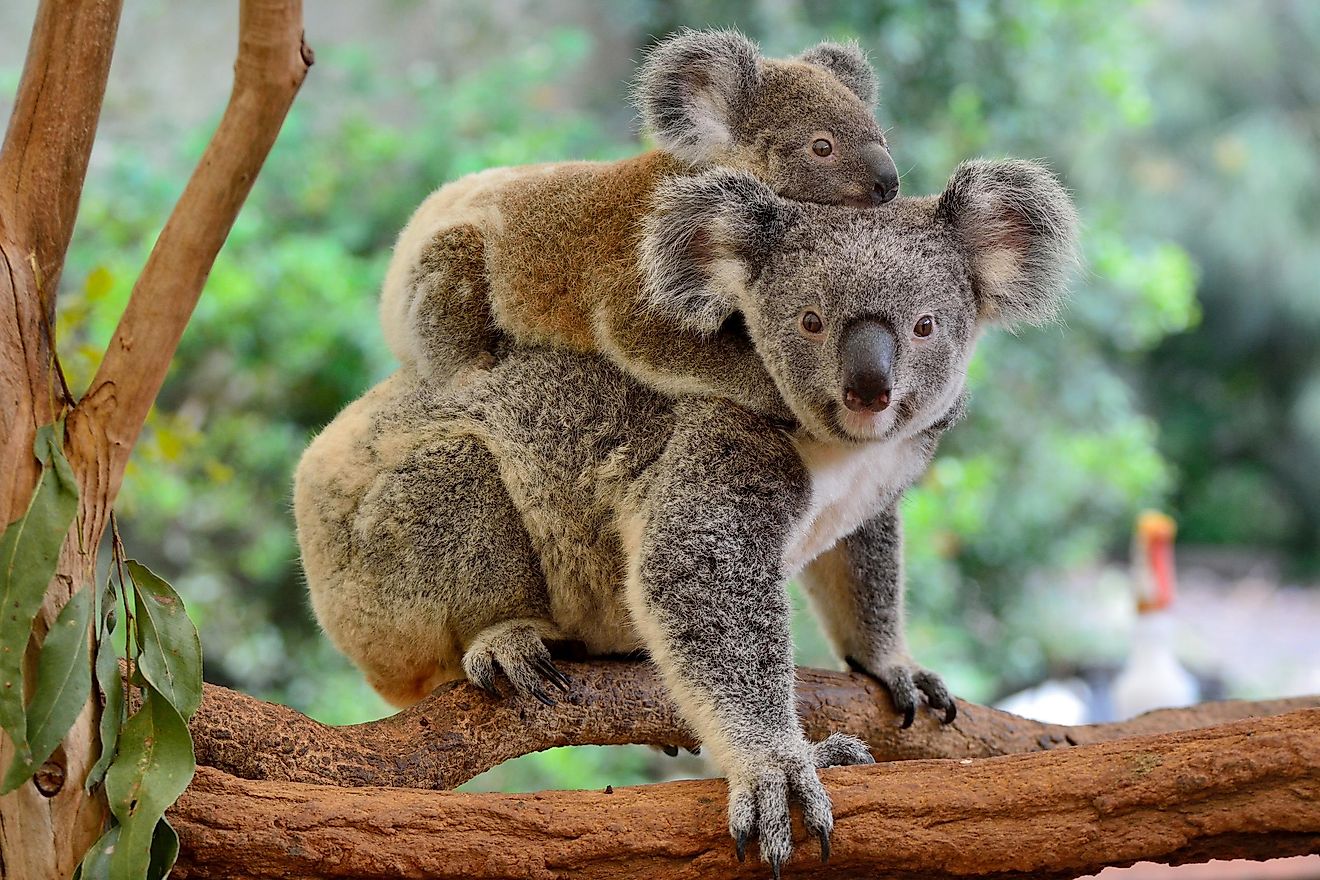What is President's Day?
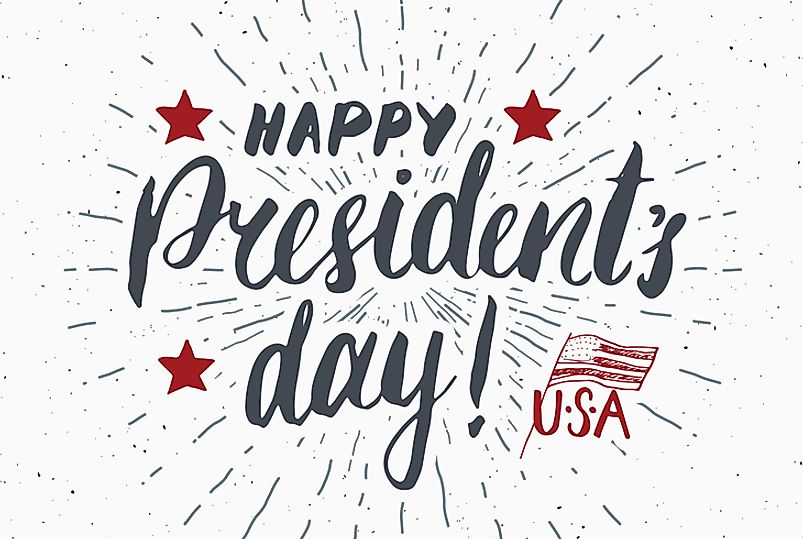
Presidents' Day is a national holiday in the United States, which occurs annually on the third Monday in February to honor the country's presidents. The establishment of the day in 1885 was aimed at recognizing the first president of the country, George Washington. Initially, the celebration of the holiday used to take place on February 22, the actual birthday of George Washington. Later, in 1971, the attempt to make three-day weekends for workers in the country lead to the development of the Uniform Monday Holiday Act, which gave the holiday the popular name "President's Day" to be celebrated the third Monday in February.
Origin
Presidents' Day celebrations began after the death of the first US president in 1799. Washington was an important person in the history of America during those times, and the national celebration was by the events such as the 1832 birthday and the Washington Monument construction in 1848. The observance of George Washington's birthday became national observance by the late 1870s. The first person to propose the official celebration was Senator Steven Wallace and with the signature of President Rutherford B. Hayes, it was enforced in 1879.
Uniform Monday Holiday Act
The Act is a measure that Congress suggested in the late 1960s to change Washington's Birthday to President's Day. The law aimed at transforming the celebration of several national holidays from particular dates to a run of preset Mondays. Many people saw it as a way of creating more three-day weekends for public workers, and they believed that ensuring that the holidays coincide on the same weekdays would minimize absenteeism of employees. The bill received support from various sectors such as labor unions and private sectors as they saw it as a reliable way to strengthen retail trades on top of cheapening the meaning of the holidays.
The Act also enforced the joining of birthday celebrations for Abraham Lincoln and George Washington. The birthday celebration for Abraham Lincoln had been a public holiday in some regions such as Illinois. Therefore, joining the two days of celebration would mean recognizing the two most popular statespersons of America. Thus, the proponents of the Act got enough support and McClory (one of the major advocates) gave the idea of renaming the holiday as President's Day. Uniform Monday Holiday Act became effective in 1971 after President Richard Nixon gave a policymaking order for the enactment. On top of shifting Washington's day from its fixed date, Memorial Day, Columbus Day and Veterans Day were also changed from their initially designated dates.
Public Life on President's Day
On Presidents' Day, several businesses run normally because many stores hold sales. Many delivery services are active during this day, except for the Post Office delivery. The operations of the public transit systems usually follow regular schedules. However, schools close for that week as students break for mid-winter holiday. Some government sources indicate that Indiana observes George Washington's birthday with a day off in December.

